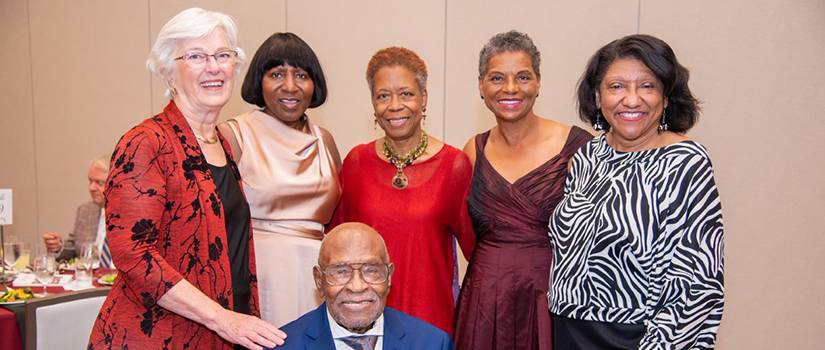For more than 30 years the Institute for Families in Society has worked across disciplines with self-generated funding to support state health and mental health agencies to use research in a meaningful way, improving policy, advance practice and strengthening families. Current research focus areas include health policy analysis, evidence-based parenting interventions and program evaluations.
Our Mission
The Institute for Families in Society (IFS) uses university-community interdisciplinary research and practice as a platform to advance the science of helping families and vulnerable populations. Our work advances policy and informs practices to strengthen community and family well-being through applied transformational system research and service to the State of South Carolina. IFS places special emphasis on work with communities to to address equity through systems change and enhancing access to high-quality health and behavioral health services.
It’s different to talk about helping families through data-driven decisions versus talking about just helping families. Families need a lot, and how can you help them if you don’t have data?
Kathleen Hayes, associate director, Institute for Families in Society
Our focus areas include the following:
Concentrates on policy analysis and health and family issues that affect South Carolina and the nation, particularly Medicaid policy. The team uses geographic data to explore the links between health, health service delivery systems and well-being.
Advances evidence-based practices and policies to enhance the lives of children, youth and families, particularly among underserved populations. Strong relationships with child and family serving agencies and organizations support the division’s efforts to educate, understand and improve behavioral health outcomes.
